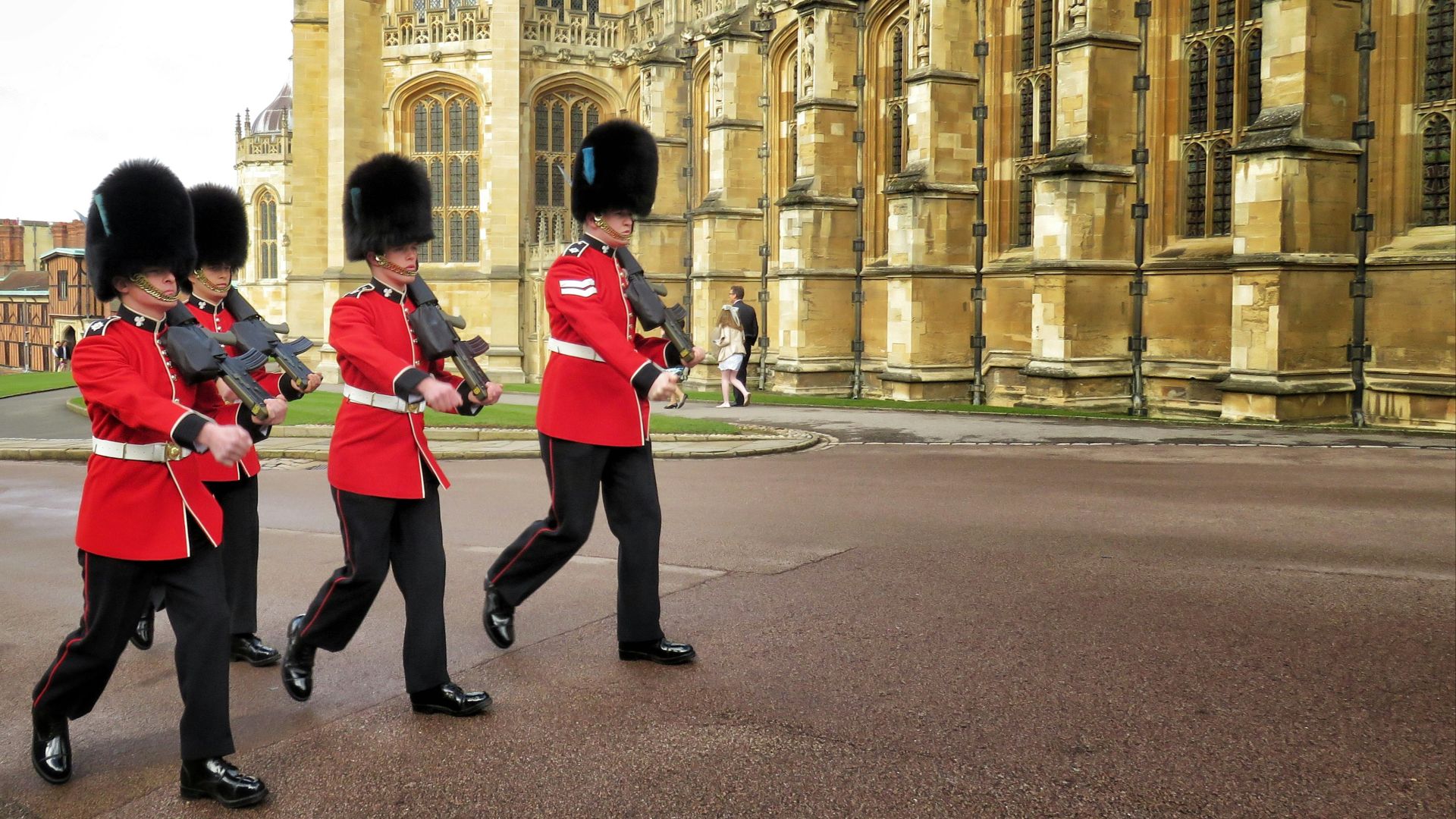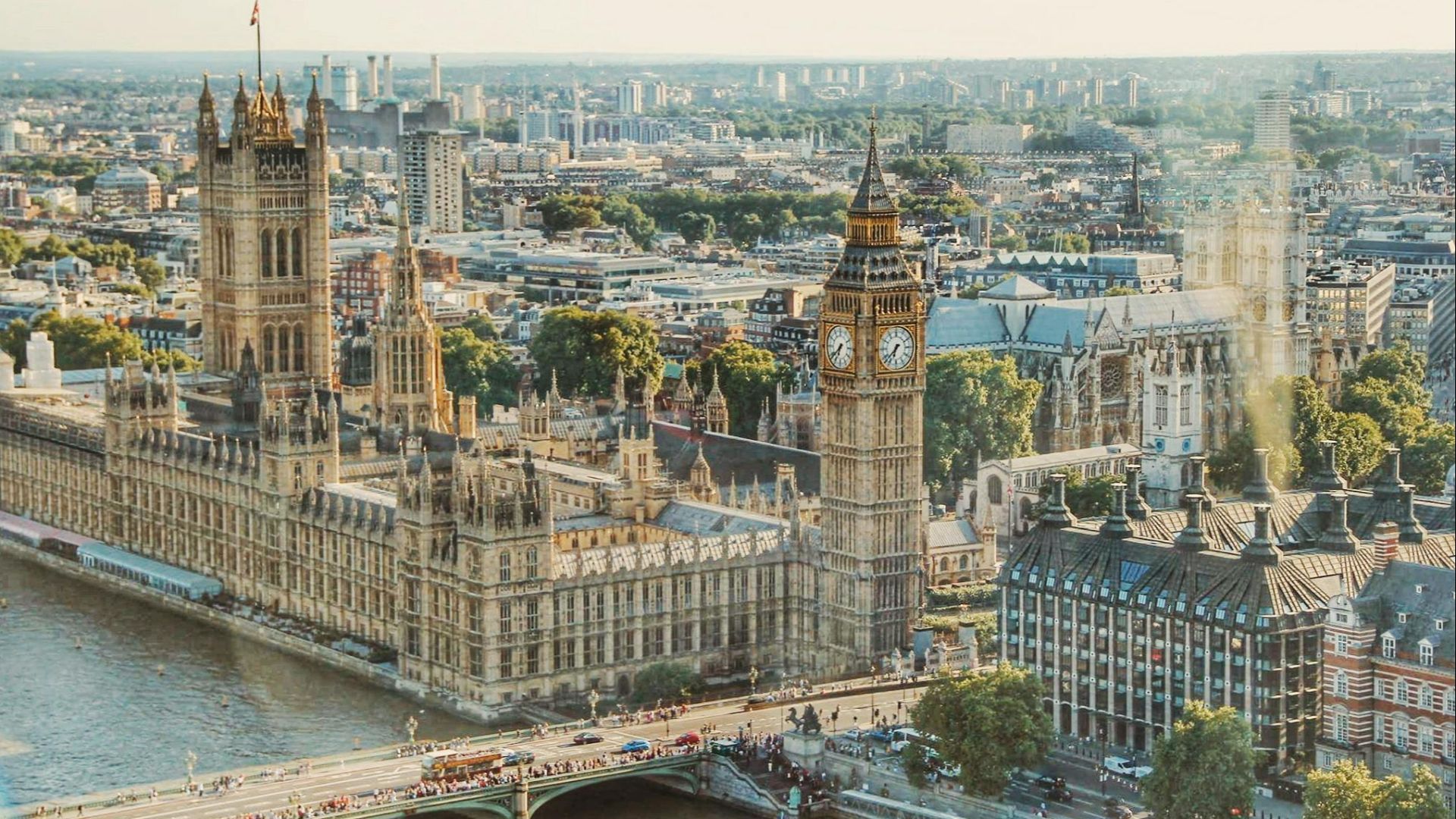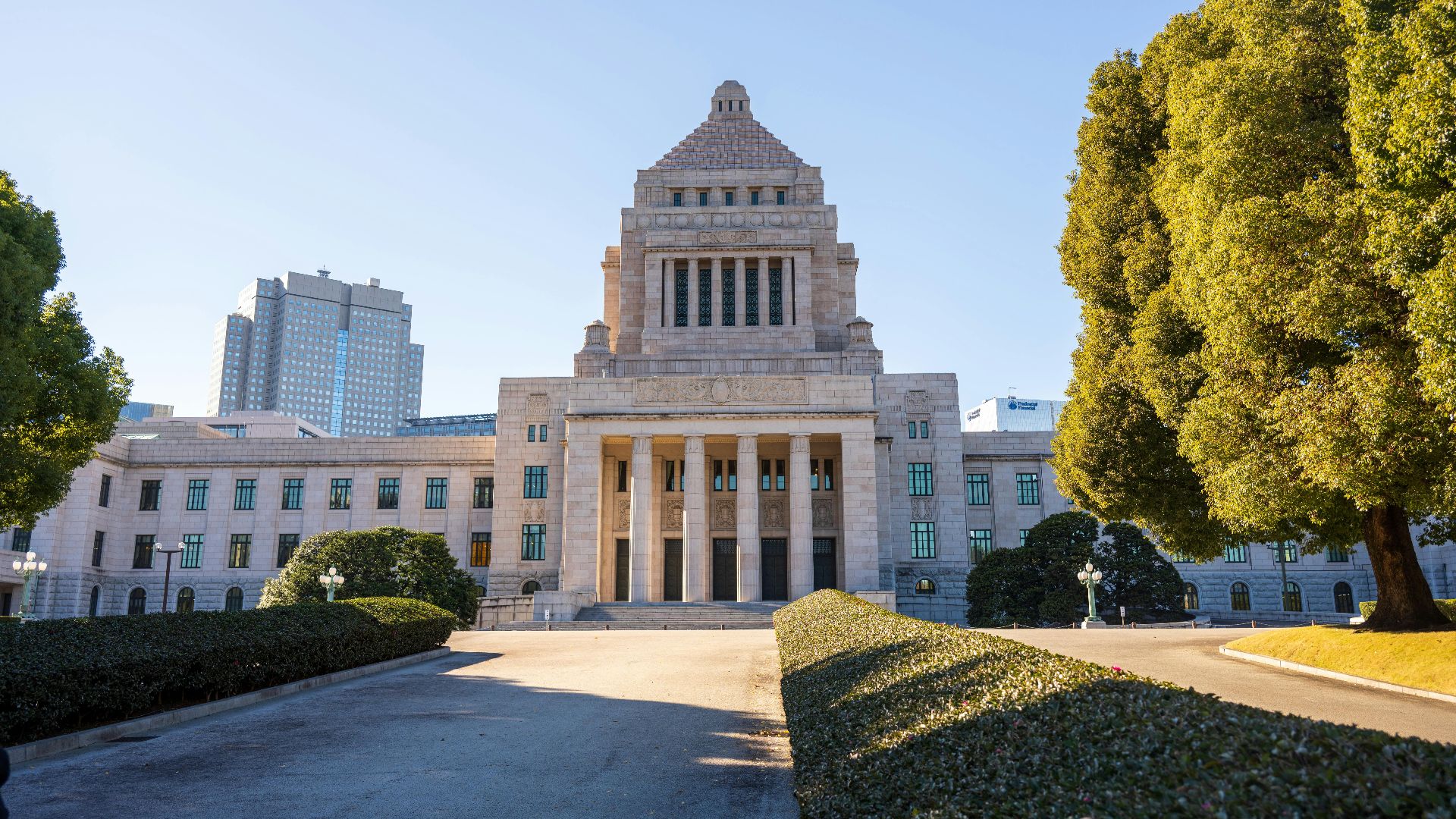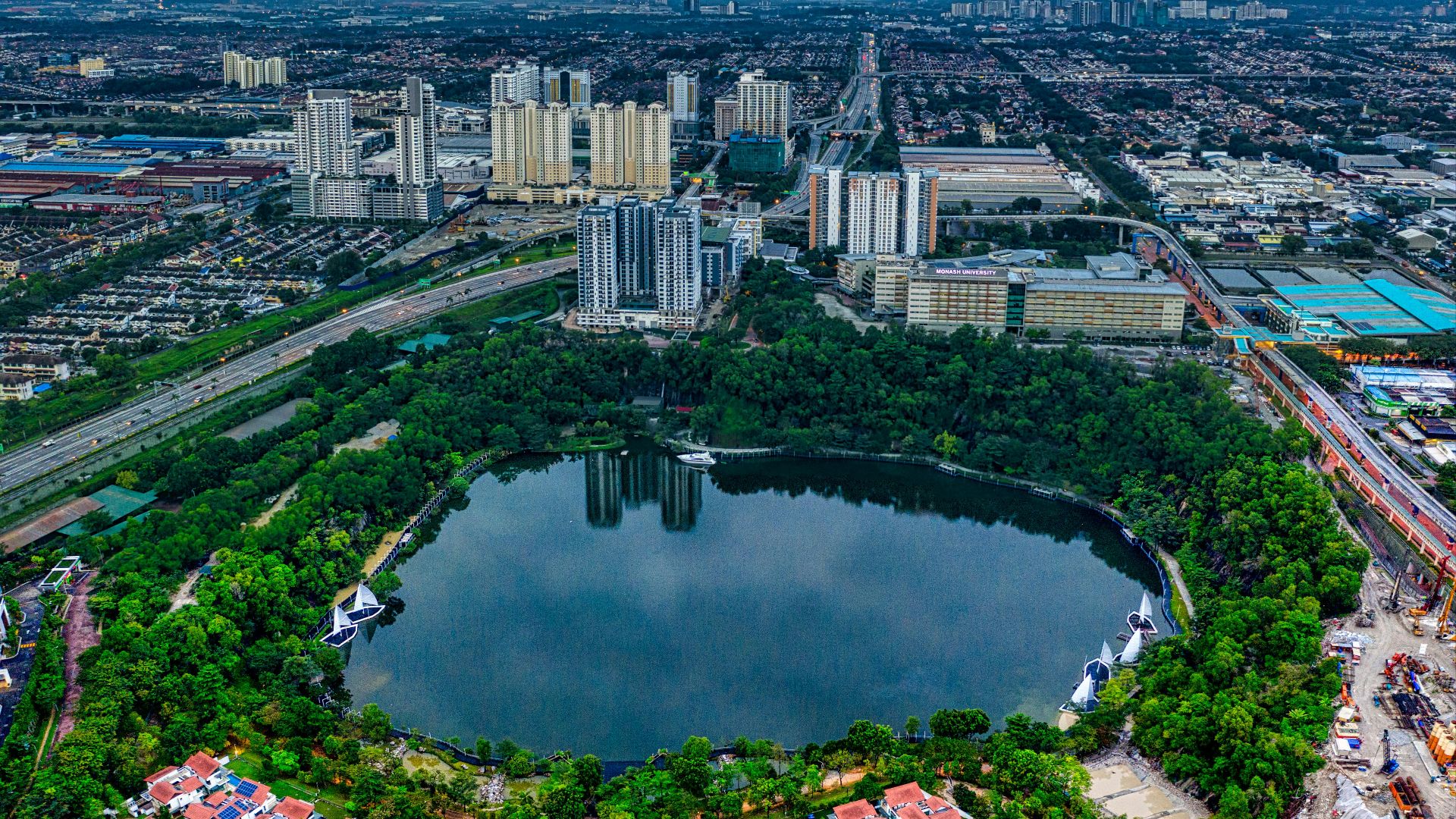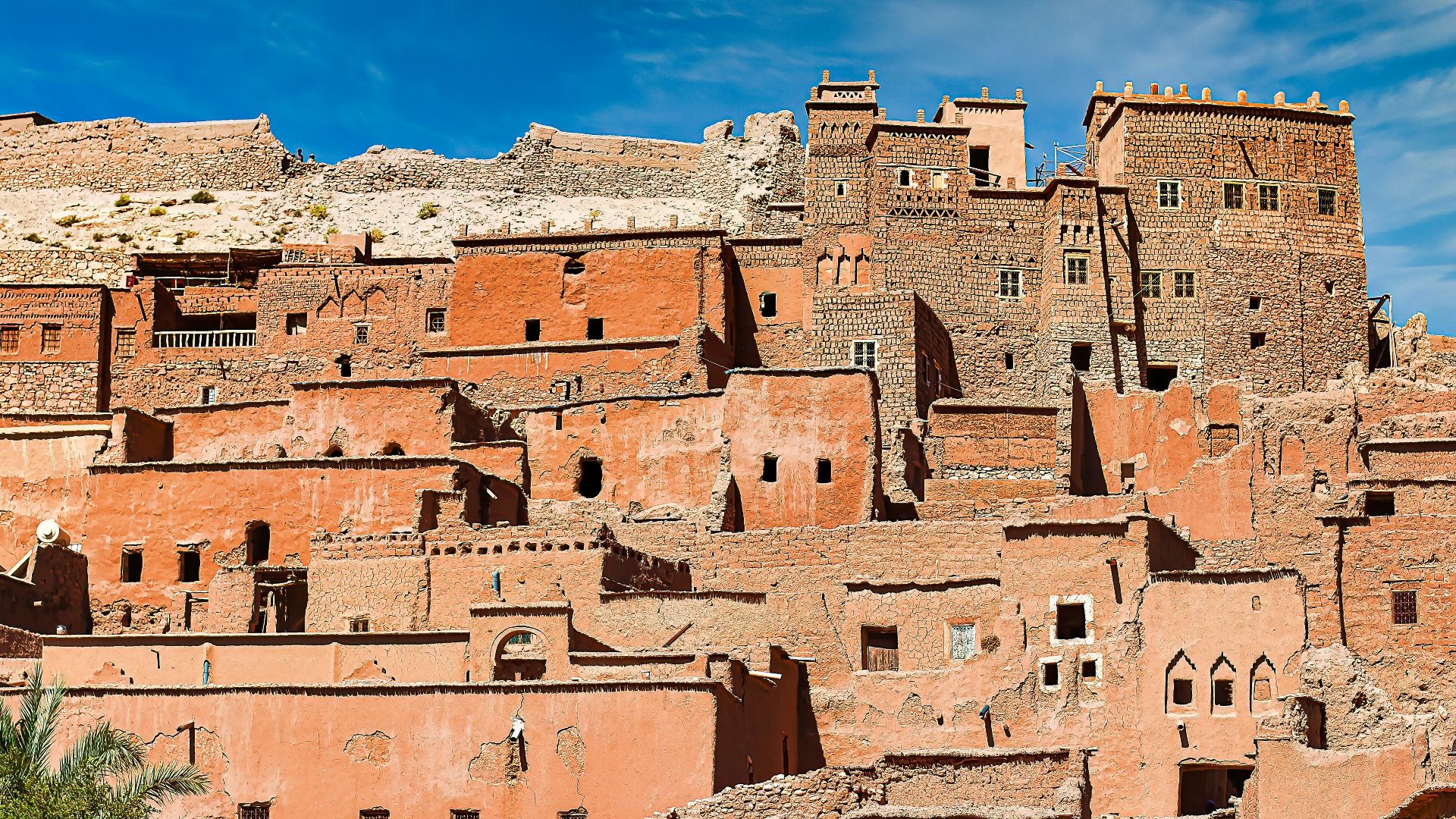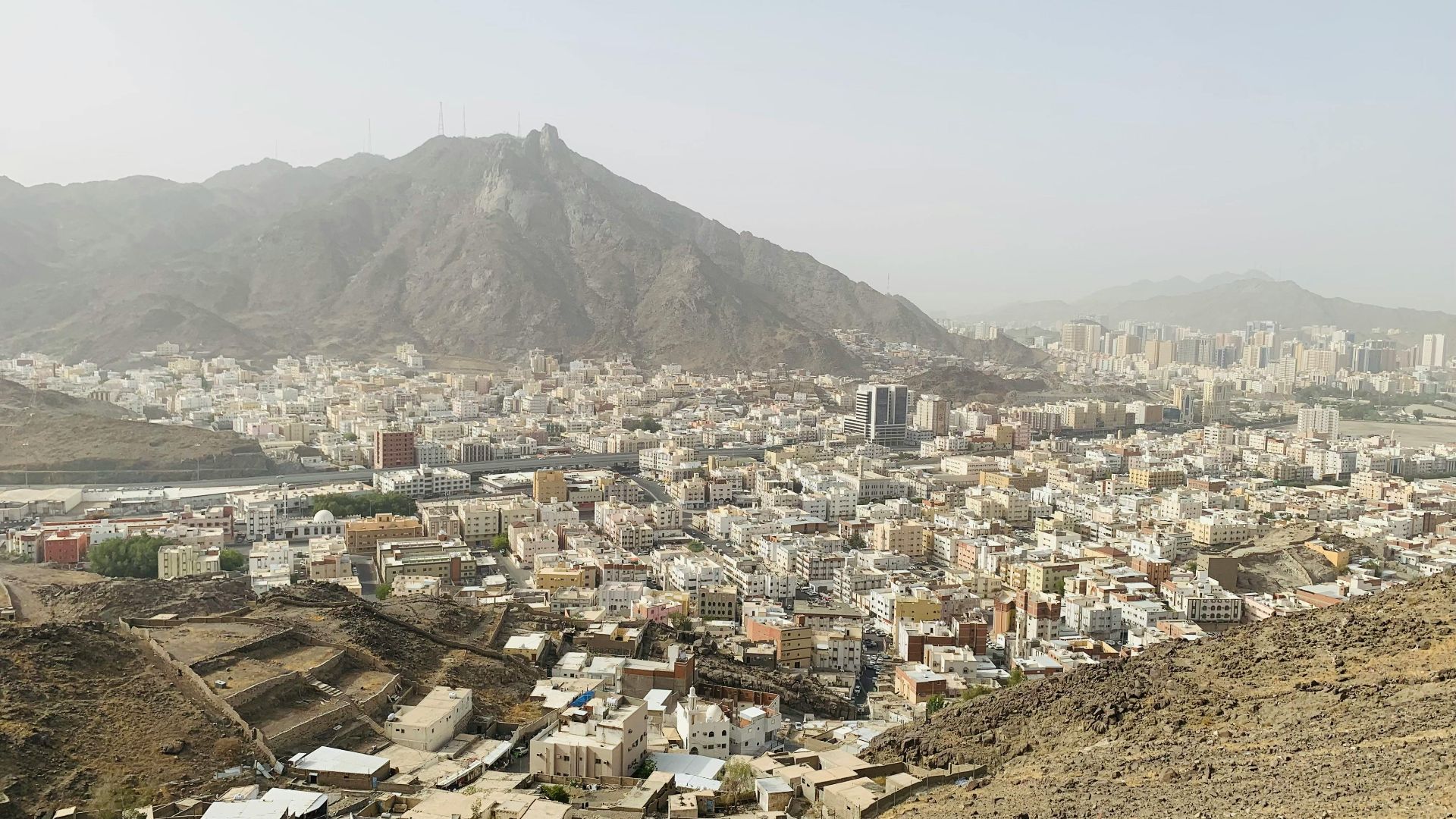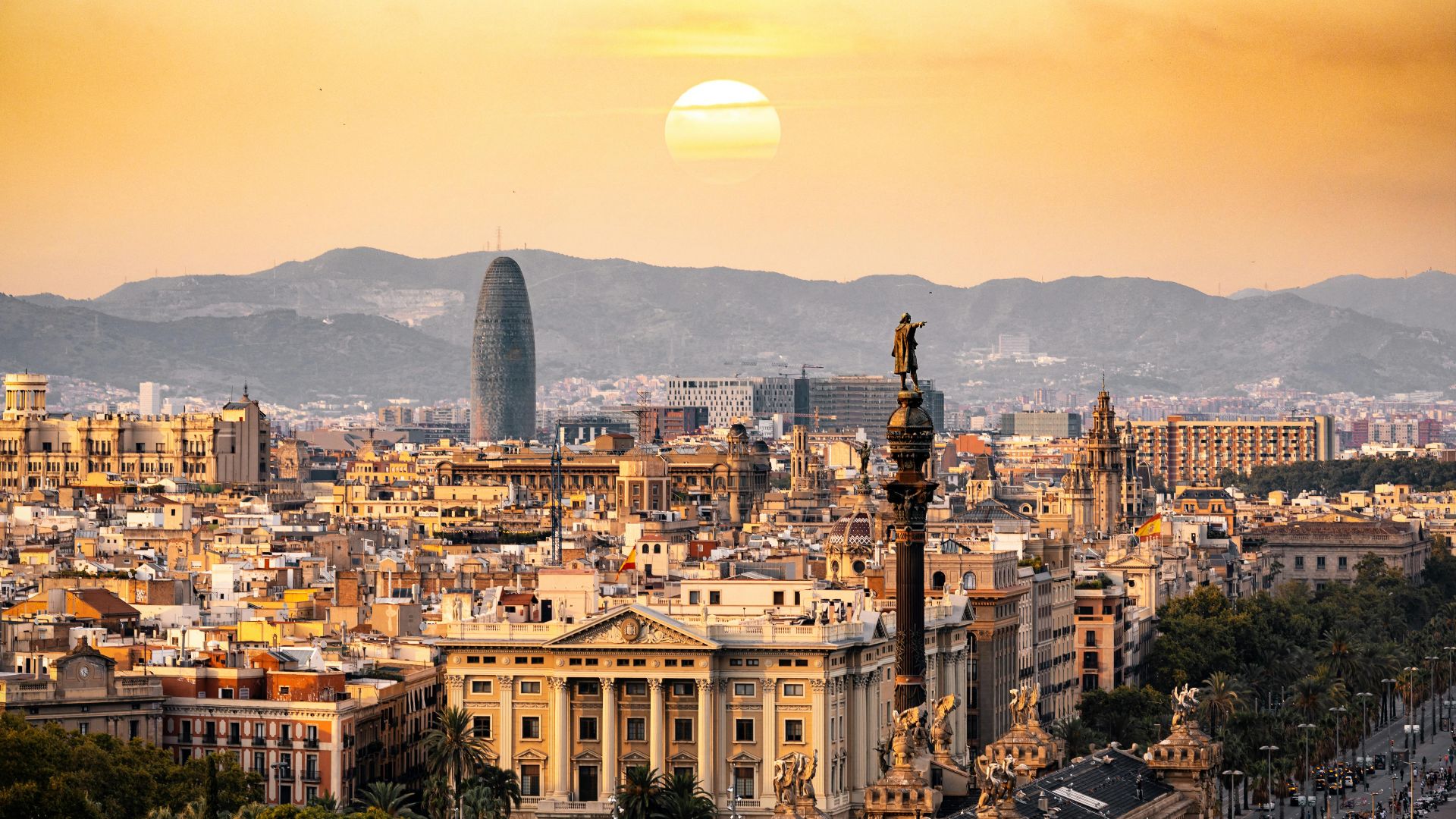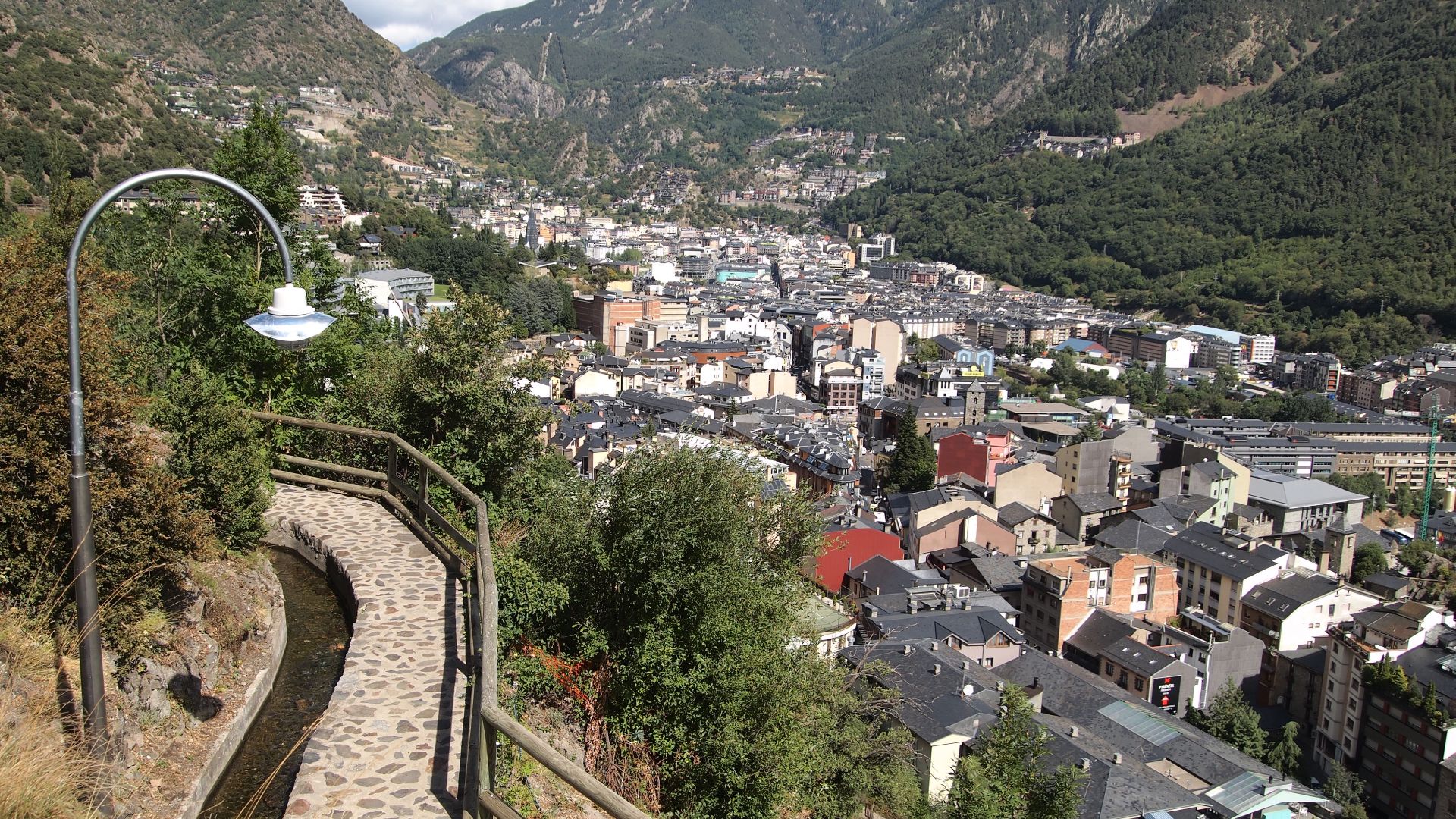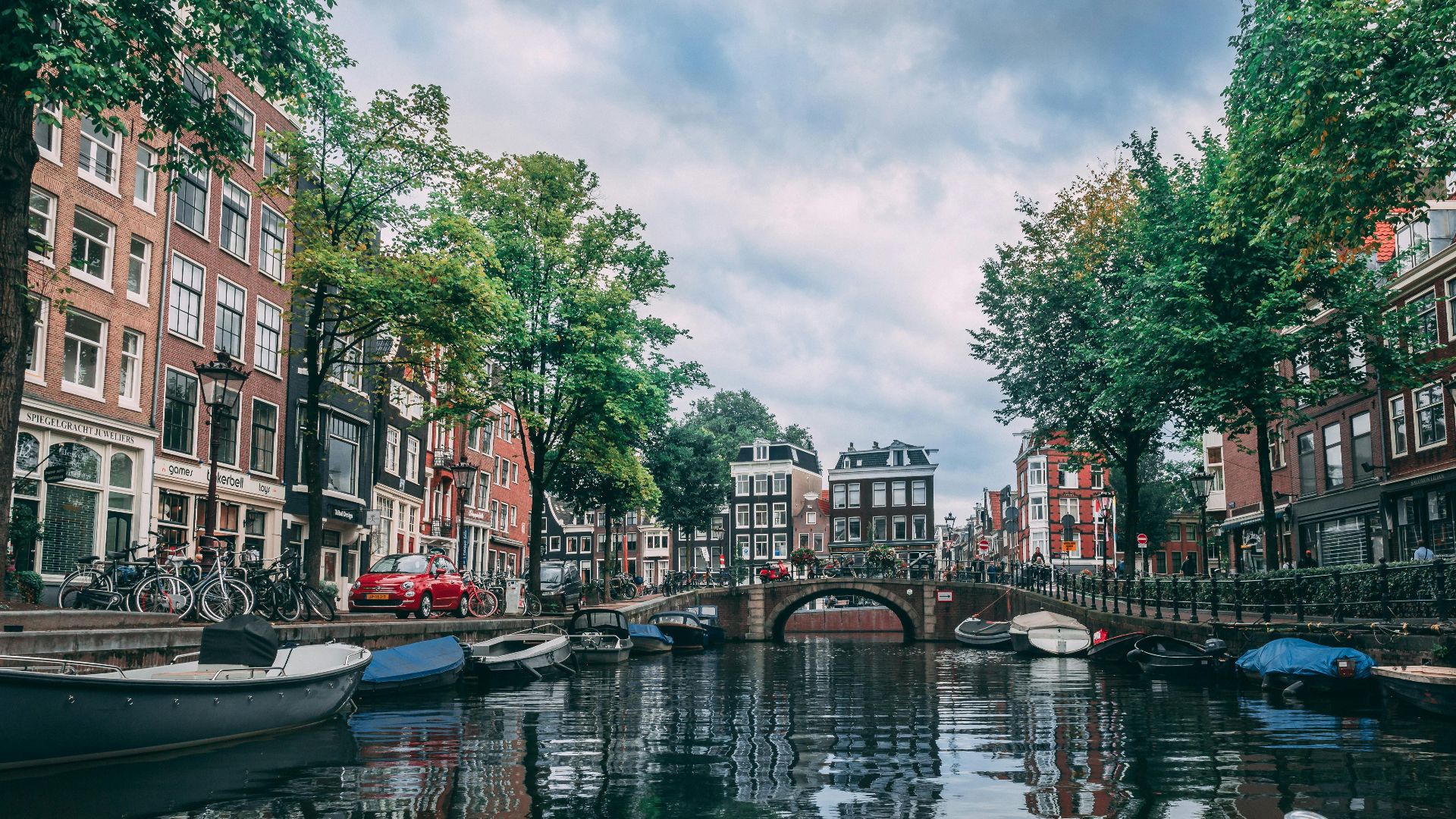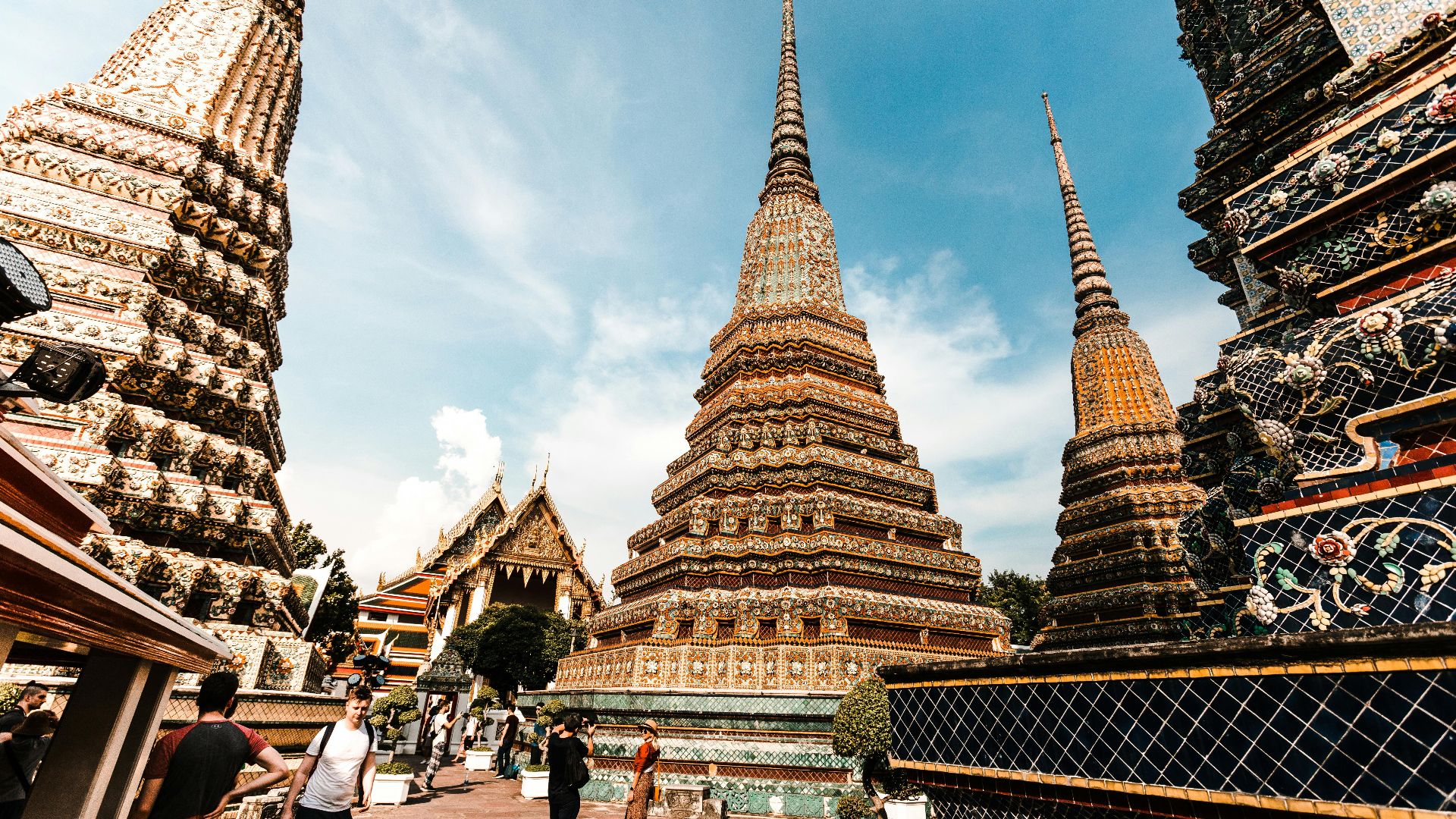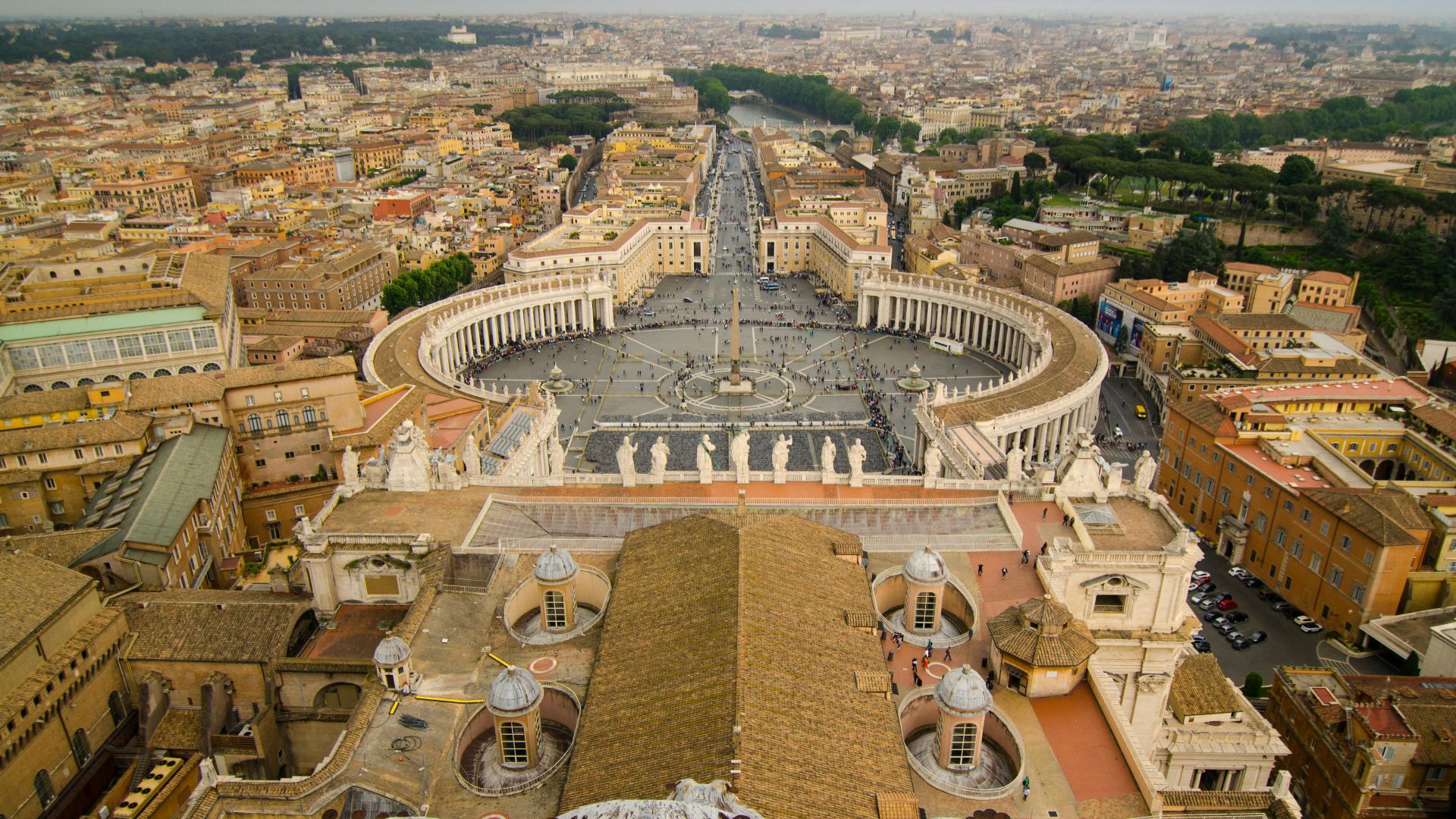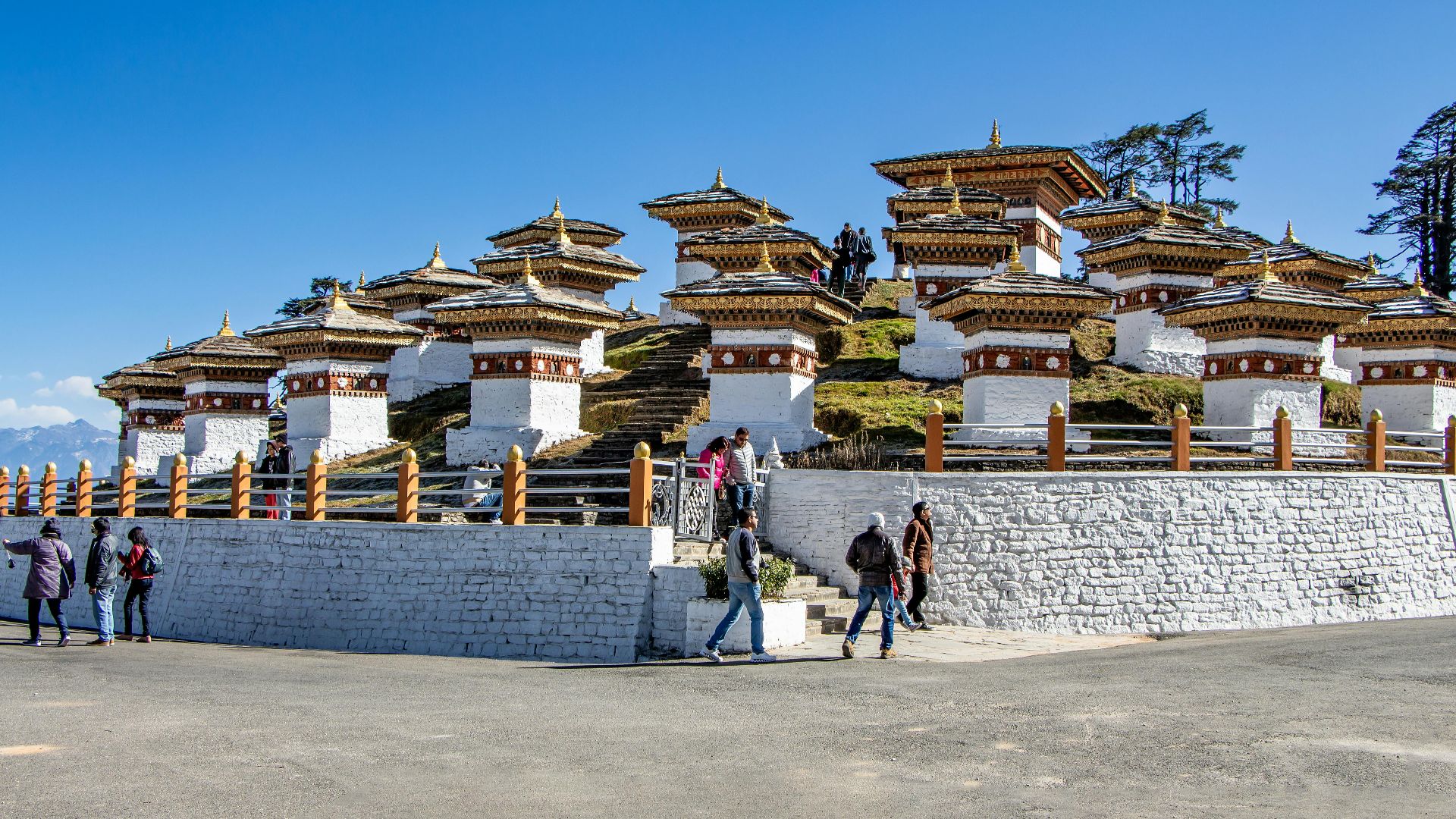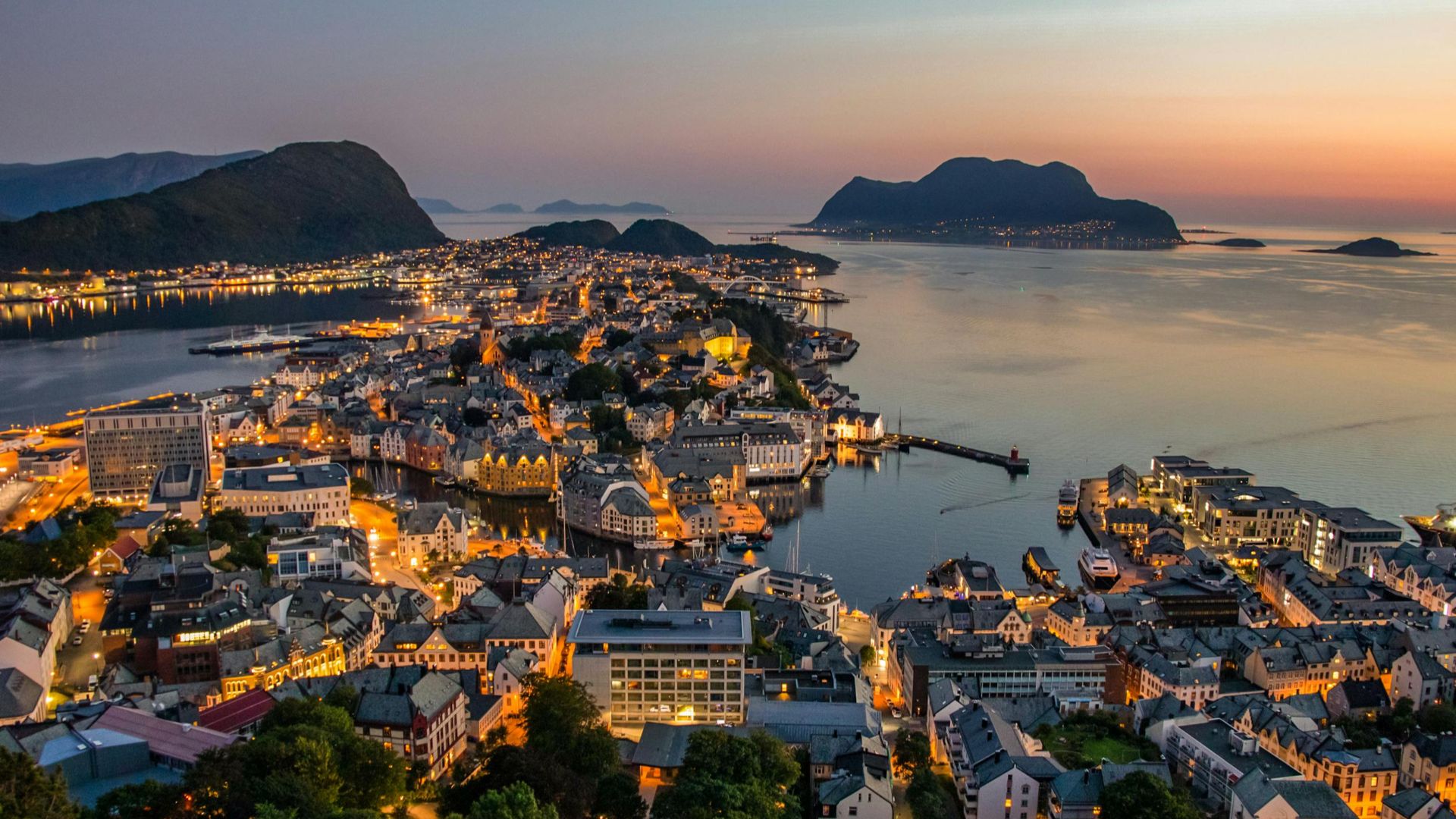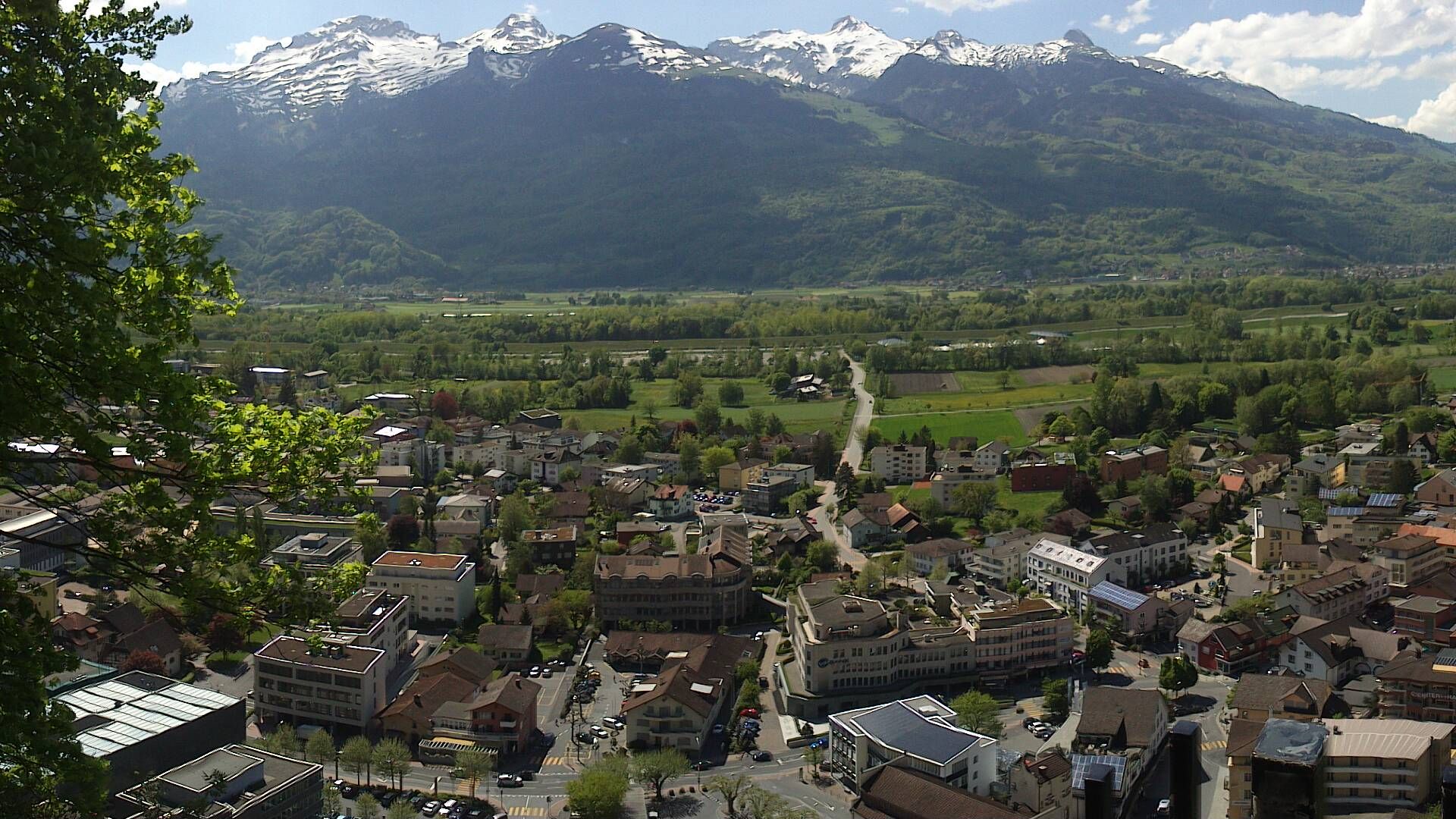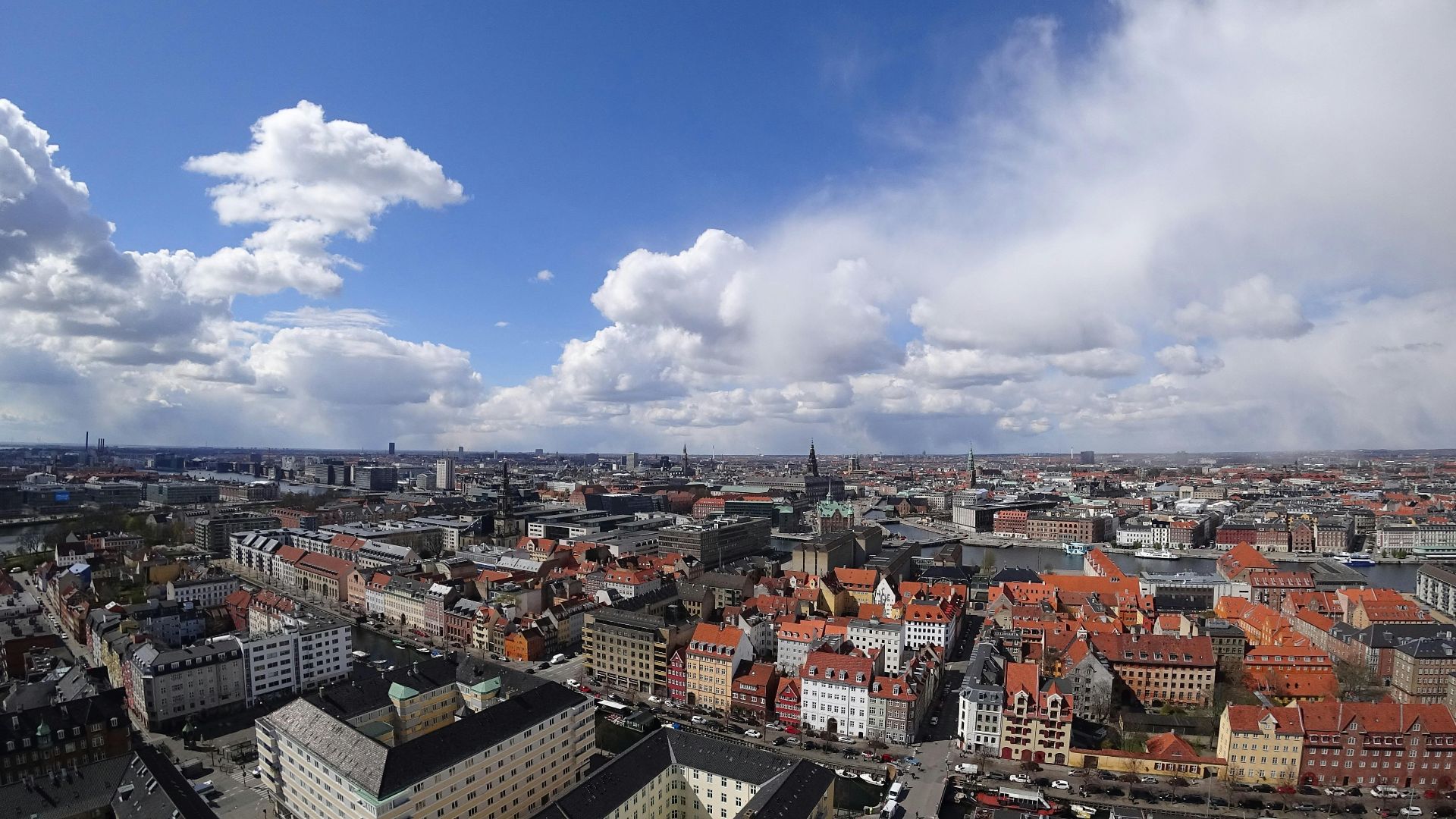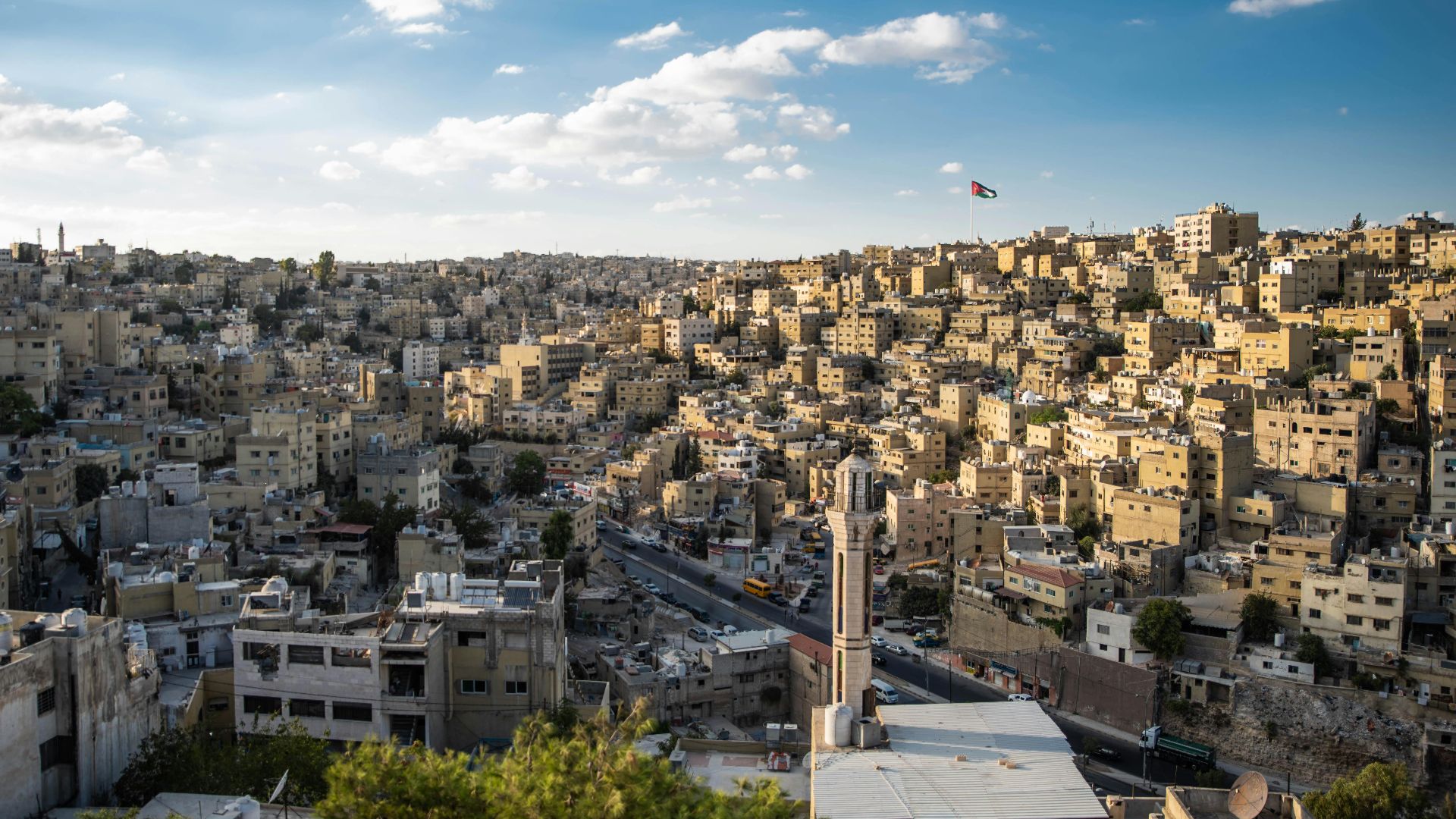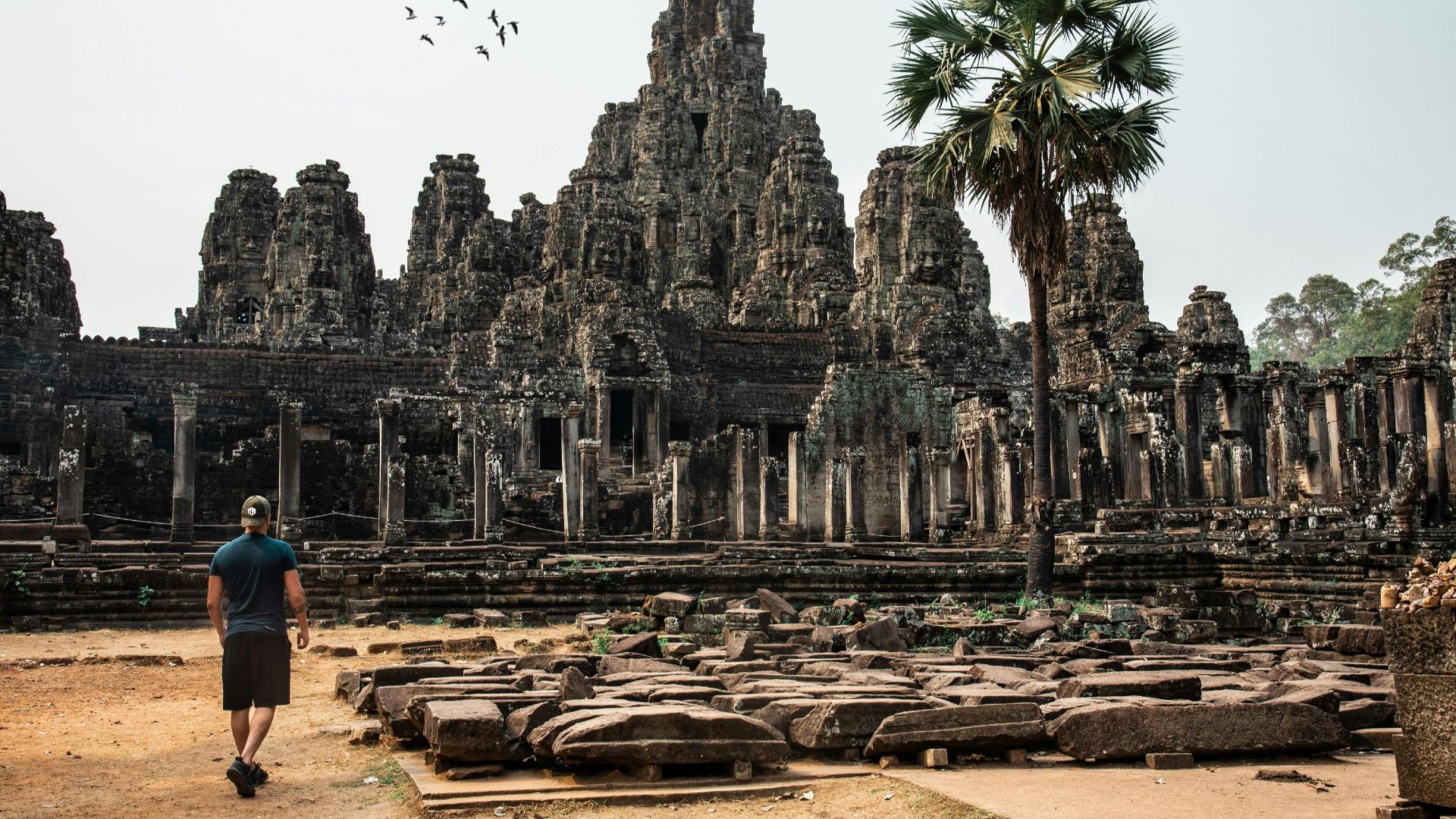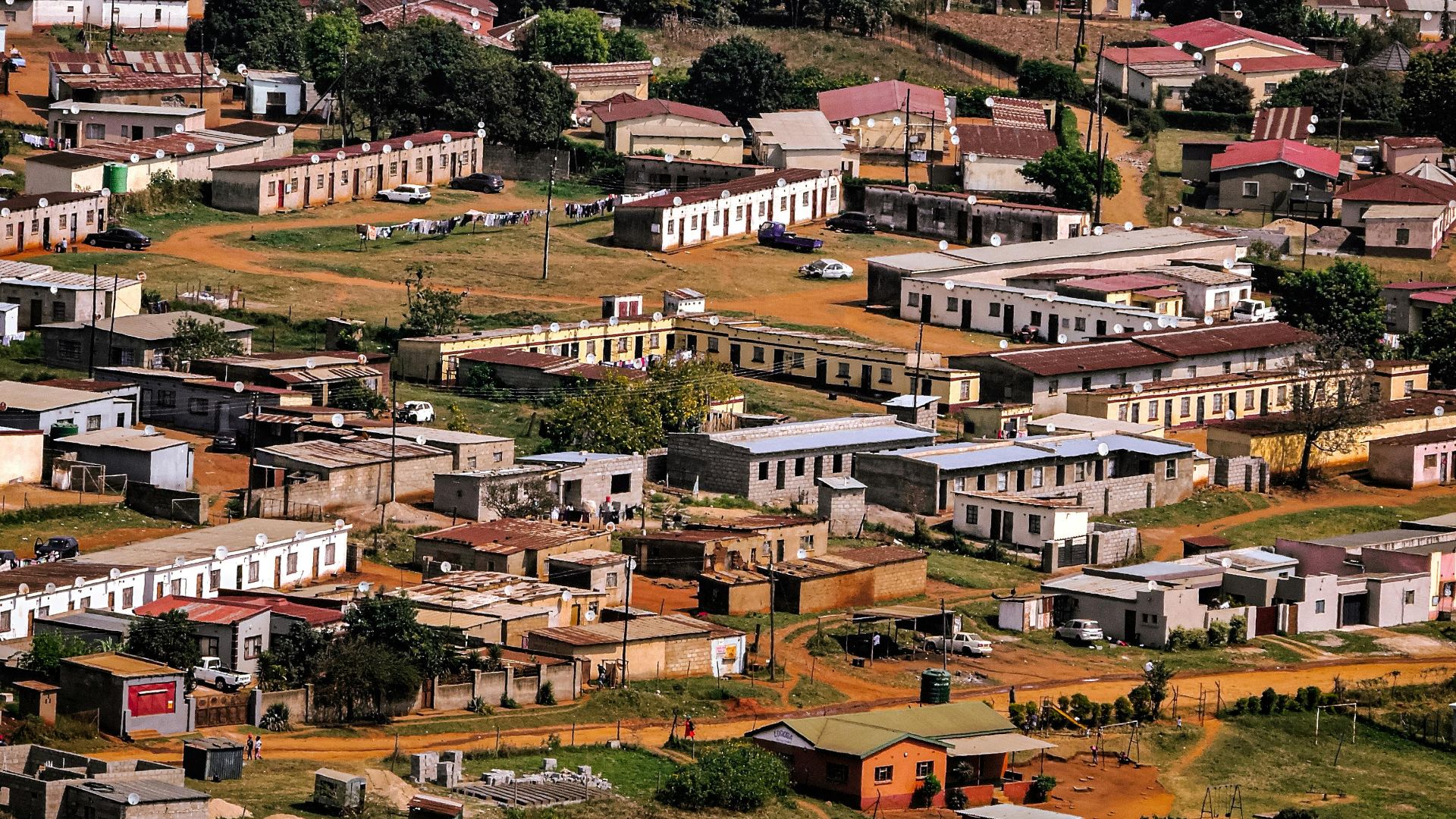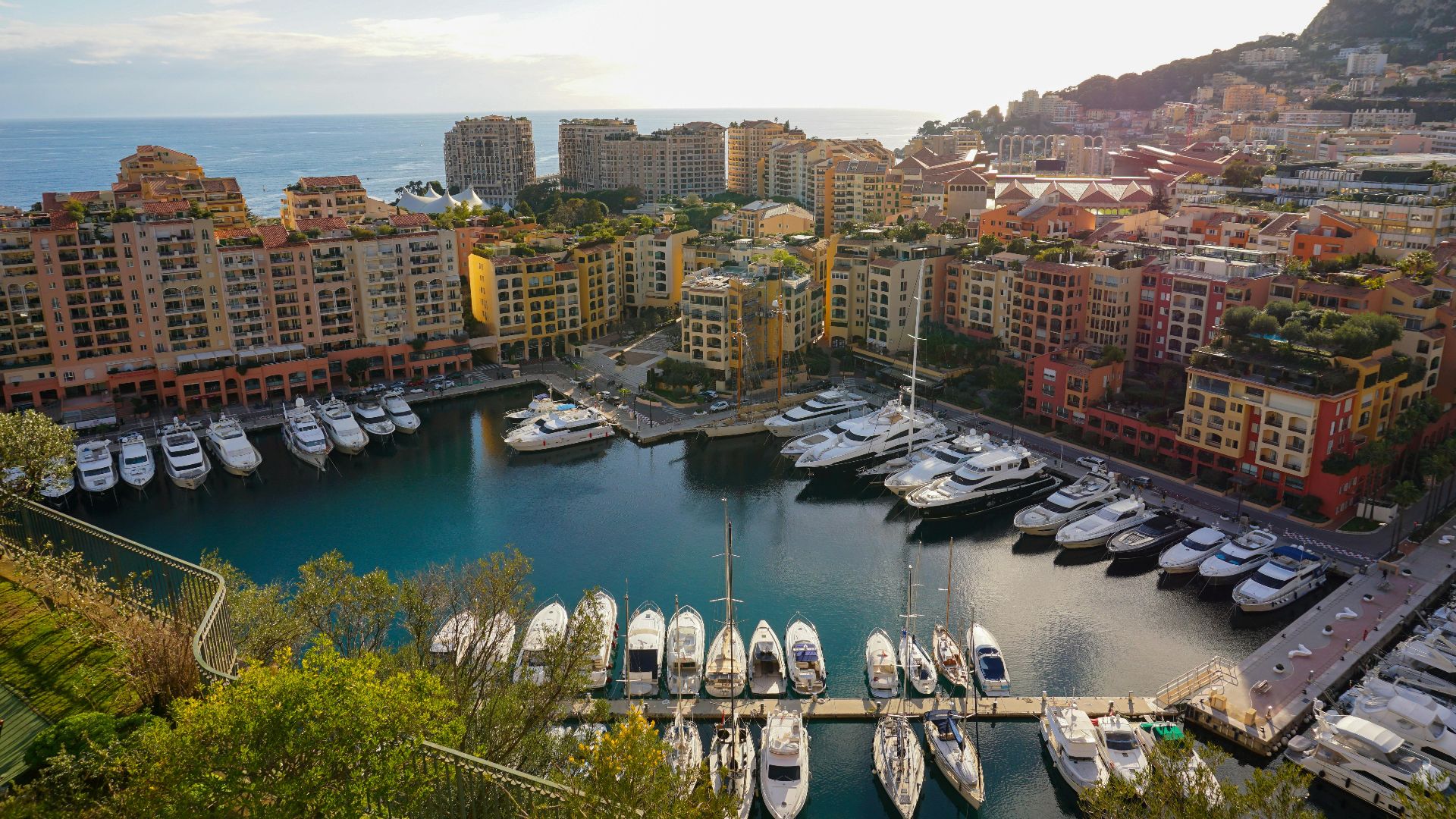Royalties Of The Modern World
History may have shifted course, but monarchies didn't vanish in its wake. They've adapted, redefined themselves, and, in many places, remained surprisingly influential. Whether rooted in ceremony or commanding real authority, these royal institutions still shape nations in quiet, powerful ways. If you think monarchies belong to the past, let this list challenge what you thought you knew about power and tradition.
1. United Kingdom
Though King Charles III holds a ceremonial role, the monarchy still carries weight in British diplomacy and identity. The parliament can't pass laws without royal assent. With over 1,000 years of history, the royal family receives public funding through what's known as the Sovereign Grant.
2. Japan
Japan's monarchy isn't just ancient—it's unmatched in continuity, with Emperor Naruhito tracing his lineage back to 660 BCE. While he holds no political authority under modern law, male-only succession remains enforced, and time-honored imperial ceremonies still play a central role in national tradition.
3. Malaysia
Malaysia's monarchy breaks the mold with its rotating system. Nine sultans take turns as king every five years. The current monarch, Sultan Ibrahim Ismail, leads a monarchy that blends Malay customs with Islamic principles while serving in a largely symbolic but unifying role.
4. Morocco
King Mohammed VI holds far more than ceremonial status—his power spans both secular law and religion. Known as "Commander of the Faithful," he can dissolve parliament and rule by decree. It's no surprise he ranks among the wealthiest monarchs in the world today.
5. Saudi Arabia
In Saudi Arabia, power doesn't shift with elections. It stays firmly with King Salman. There's no democratic parliament, and royal decrees become law instantly. Rooted in Wahhabi Islam, the monarchy passes leadership through the founder's bloodline, maintaining total control over the nation's direction.
6. Spain
After years under Franco's dictatorship, Spain restored its royal institution with King Felipe VI at the helm. The Spanish monarchy now operates under a constitutional framework. Though the king symbolizes unity and legal immunity, past scandals have sparked public debate over reforms.
7. Andorra
Andorra's monarchy isn't like any other—it's shared by two foreign leaders. This diarchy system, in place since 1278, features the French President and a Spanish Bishop as symbolic co-princes. Daily governance is handled locally, with citizens electing their own parliament and prime minister.
8. Sweden
Sweden's royal family may no longer govern, but they haven't faded into the background. King Carl XVI Gustaf remains a respected symbol, with support high across the country. The monarchy champions science and culture, while Crown Princess Victoria leads as Sweden's first female heir.
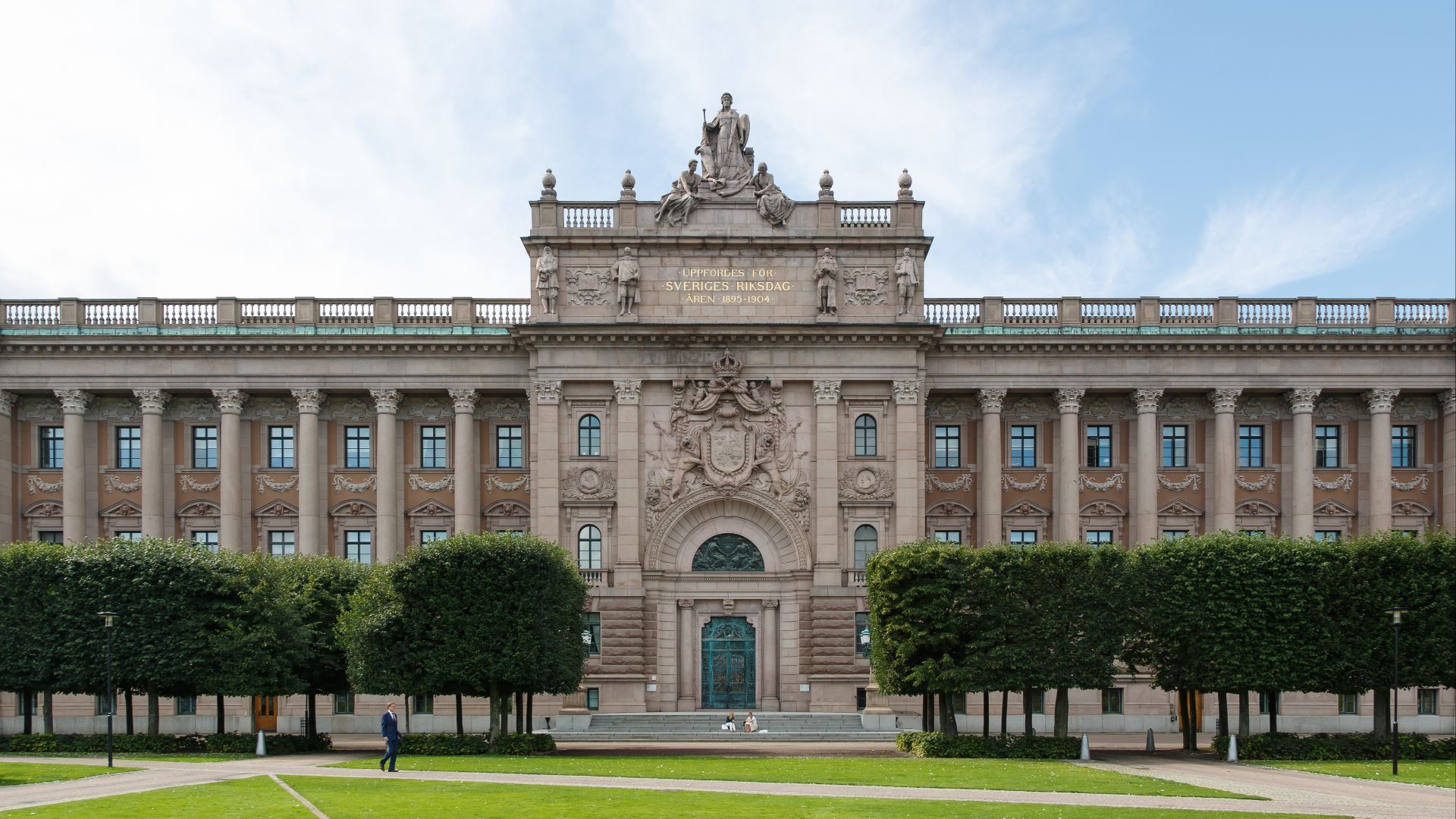 CEphoto, Uwe Aranas on Wikimedia
CEphoto, Uwe Aranas on Wikimedia
9. Netherlands
The Dutch monarchy, though ceremonial, remains firmly popular. Funded through public budgets, the royal family is seen as accessible and grounded. Their biggest celebration, Royal Day, turns the country orange each year. King Willem-Alexander is also a trained pilot.
10. Thailand
Thailand's monarchy is constitutionally limited, yet the king's presence looms large. Vajiralongkorn enjoys immense reverence, backed by strict lese-majeste laws. While he spends much time abroad, his royal household receives over $1 billion a year, underscoring the monarchy's lasting influence on Thai society.
11. Vatican City
Tiny but powerful, Vatican City answers to one man. Pope Leo XIV reigns as both a spiritual and absolute monarch. The Vatican monarchy holds complete legal authority. It has no elections, only succession, and is protected by the centuries-old Swiss Guard tradition.
12. Bhutan
The Bhutanese monarchy still holds advisory weight. This change came with King Jigme Khesar, who embraced democracy in 2008. He champions Gross National Happiness and engages with citizens regularly, helping cement his status as both a modern reformer and a beloved national figure.
13. Norway
Few monarchs enjoy the quiet respect King Harald V commands. The Norwegian monarchy holds no governing power by law; however, each year, the king opens parliament in full regalia. His marriage to a commoner broke norms, yet King Harald V remains one of the nation's most admired figures.
14. Liechtenstein
Unlike most royal families, Liechtenstein still governs. Prince Hans-Adam II retains veto power and can dissolve the parliament if he sees fit. The monarchy operates from a medieval castle overlooking Vaduz. The citizens voted to keep the system drawn by low taxes, stability, and an army-free policy.
15. Denmark
In 2024, King Frederik X became the newest face of Europe's oldest monarchy, as the Danish royal family dates back over 1,000 years. Though his role is symbolic, he's widely respected for his humility and is often seen riding a bicycle to official events without fuss.
16. Jordan
King Abdullah II holds real power in Jordan. The Hashemite monarchy gives him the authority to appoint officials and lead the military. Known for his Western alliances and push for modernization, he has also managed to steer the country through regional unrest.
17. Cambodia
Cambodia's royal story took a new turn in 1993 after the civil war. The modern monarchy is led by King Norodom Sihamoni, chosen by the royal council. He is a trained ballet dancer and cultural figurehead. Palace ceremonies still reflect both French and Khmer influences.
18. Eswatini
Eswatini's King Mswati III leads Africa's last absolute monarchy. He appoints key leaders and controls all branches of government. His opulent lifestyle has even drawn criticism amid widespread poverty. The royal family practices polygamy, and proposed reforms have repeatedly clashed with royal interests.
19. Tonga
Tonga stands apart as Polynesia's only remaining monarchy. King Tupou VI transitioned the country to a constitutional system in 2010. The Tongan monarchy blends ancient customs with Christianity, and royal family members still hold military and religious roles across the island nation.
20. Monaco
The Monegasque monarchy has reigned since the 13th century. Glamour meets governance in Monaco, where Prince Albert II rules the world's second-smallest country. Laws are enacted alongside the National Council, and Princess Grace's legacy still adds global intrigue to royal life.


